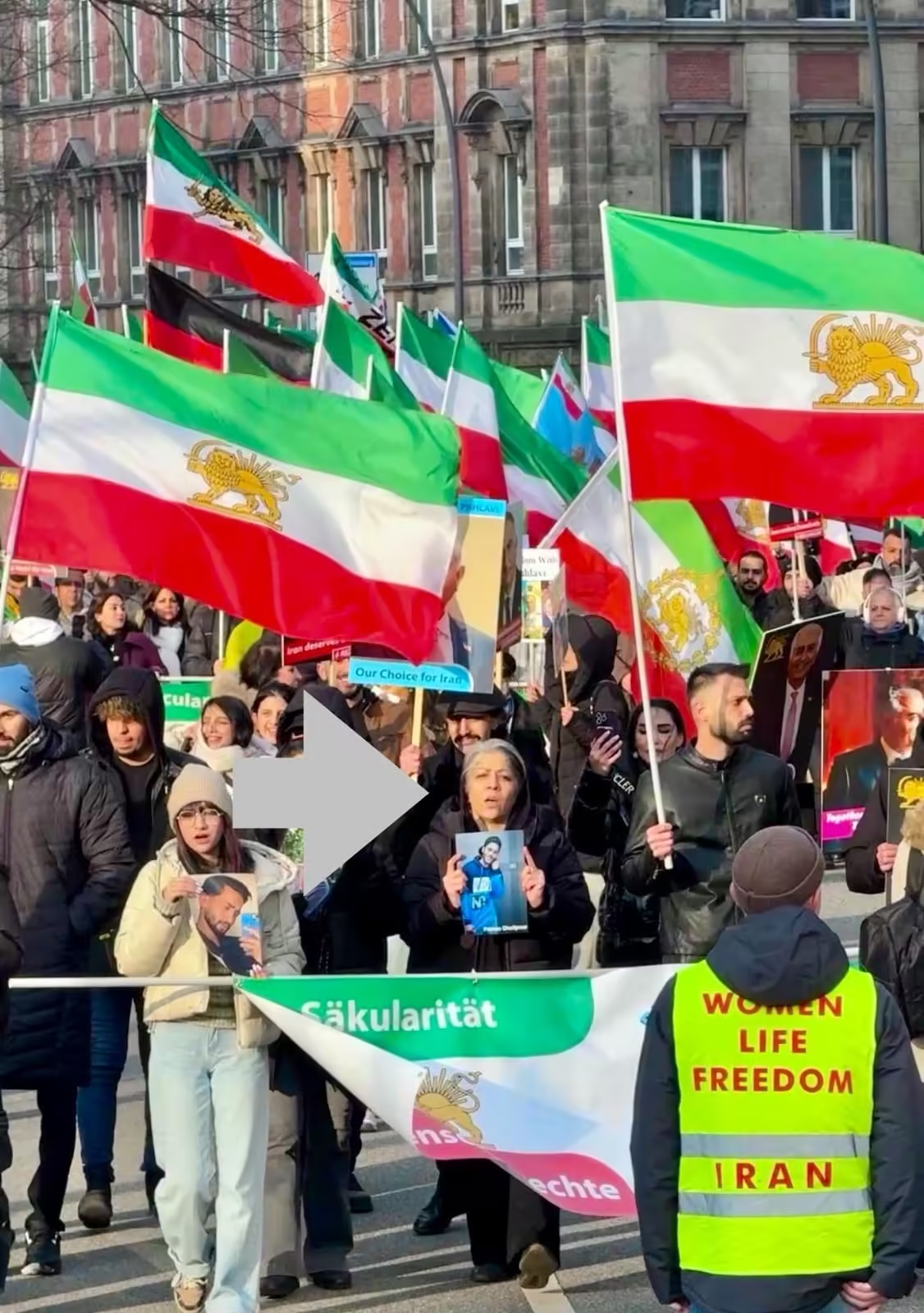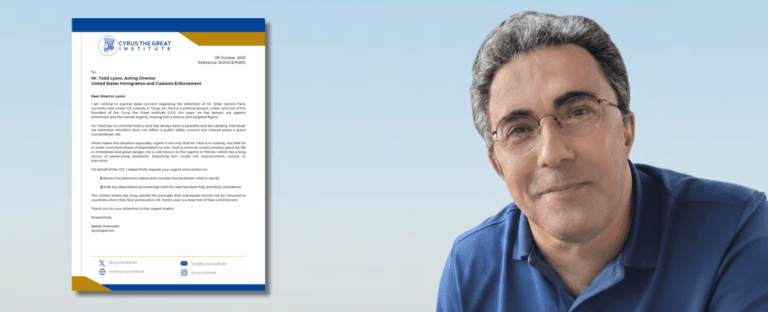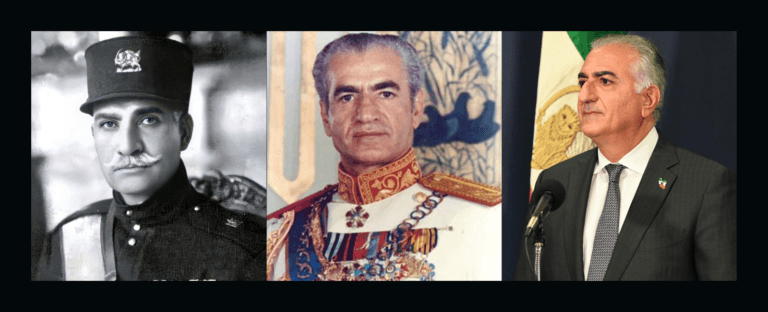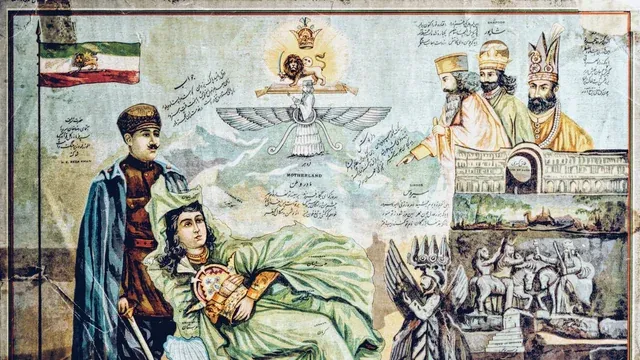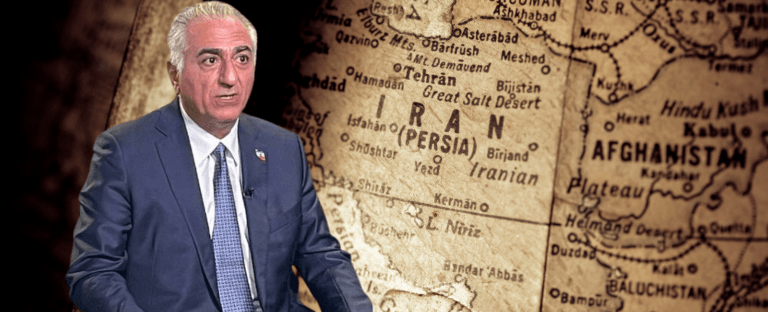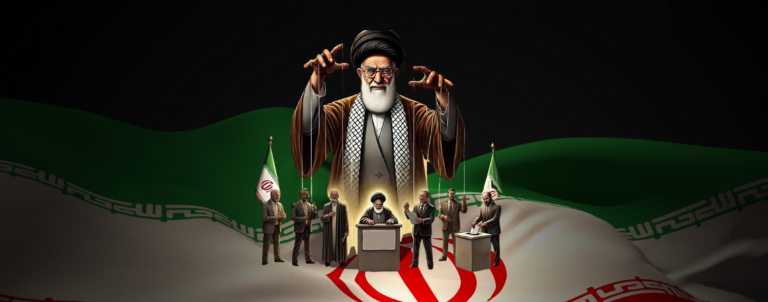The Voice of the Iranian People: A Nation’s Sacrifice and Hope for a Future Under Prince Reza Pahlavi
Across Europe, thousands of Iranians rally behind Prince Reza Pahlavi, declaring their desire for freedom after decades of oppression under the Islamic Republic. His leadership, rooted in his legal right to the throne and a vision for a democratic, secular Iran, symbolizes national restoration rather than revenge. As Iranians risk their lives for this cause, the world must stop legitimizing a regime that silences dissent. When Prince Reza Pahlavi addresses the Munich Security Conference in 2025, he does so not as an exiled prince, but as the rightful voice of a nation striving for justice and freedom.
In the streets of cities across Europe, the voice of the Iranian people echoes louder than ever. From London to Paris, from Berlin to Hamburg, thousands of Iranians are marching, carrying the tricolor flag of their homeland, chanting the name of the man they see as their true leader—Prince Reza Pahlavi. These are not just demonstrations; they are a collective cry of a nation that has suffered for over four decades under an oppressive regime, a regime that has brutally silenced any voice calling for justice, freedom, and a return to the legacy of Iran’s proud history.
Yesterday, in Hamburg, Germany, among the thousands rallying in support of the prince, stood a grieving mother—the mother of Pezhman Gholipoor, a young Iranian who in 2019 was shot and killed for the same cause. With tears in her eyes but strength in her heart, she held up a picture of her son, standing unwavering in her commitment to the movement he died for. She knows that the moment she steps back into Iran, the Islamic Republic’s security forces will come for her. She will likely be arrested, interrogated, and tortured, yet she refuses to remain silent. This is the depth of sacrifice Iranians are making for their future.
The overwhelming support for Prince Reza Pahlavi is not a manufactured movement, nor is it a momentary reaction—it is the culmination of decades of longing, of historical truth suppressed by a brutal dictatorship, and of a deep-rooted belief in his legitimacy as Iran’s rightful leader. His popularity stems from three undeniable sources:
1. His Legal Right to the Throne
In 1979, Iran’s monarchy was overthrown in what was presented as a revolution of the people. However, historical evidence and testimonies now reveal that the referendum that led to the establishment of the Islamic Republic was rigged. A vast majority of Iranians never voted for the theocracy that followed. More importantly, the new regime never officially abolished the 1906 Constitution, which means that by law, the rightful head of state remains the Crown Prince of the Pahlavi dynasty.
For over 40 years, the Islamic Republic has tried to erase this reality, but Iranians have not forgotten. Despite the regime’s propaganda machine working tirelessly to rewrite history, millions still recognize Prince Reza Pahlavi as the legitimate successor to a constitutionally established monarchy.
2. The Legacy of the Pahlavi Kings
The love and admiration that Iranians hold for Reza Shah the Great and Mohammad Reza Shah Pahlavi is not a product of nostalgia—it is a recognition of the undeniable progress and achievements Iran made under their leadership.
Under the Pahlavis, Iran was a nation of hope, progress, and dignity.
- Women’s rights flourished. Iranian women were among the first in the Middle East to gain the right to vote, to work freely, and to dress as they chose.
- Religious freedom was protected. Iran was a sanctuary for minorities—Jews, Christians, Baha’is, and Zoroastrians—who lived in peace and dignity, unlike the persecution they face today.
- Economic prosperity soared. Iran became an economic powerhouse, with its middle class growing stronger each year.
- Diplomatic influence expanded. The late Shah played a key role in regional peace efforts, including laying the foundation for what later became the Camp David Accords, shaping modern Middle Eastern diplomacy.
- Democracy was more alive than the world acknowledges. Iran under the Shah had an independent judiciary, so much so that in at least two cases, ordinary citizens successfully sued the King over land disputes—and won. This level of judicial independence was unheard of in the Middle East at the time.
Despite an international effort to paint the late Shah of Iran, Mohammad Reza Pahlavi, as a dictator, Iranians today see through the smokescreen. They recognize that their country, once politically and socially ahead of its time, has been dragged into darkness under the current regime. This is why their love for Prince Reza Pahlavi is not just about his name—it is about what his family represented: a vision of Iran as a modern, powerful, and free nation.
3. Prince Reza Pahlavi’s Own Track Record and Vision
For 45 years, Prince Reza Pahlavi has remained steadfast in his commitment to Iran’s freedom. Unlike many political exiles who seek personal power, he has never positioned himself as an autocratic ruler. Instead, he has consistently advocated for a secular democracy, where the Iranian people—not any single leader—will decide their future through a free vote.
His vision is not about returning to the past, but about transitioning Iran from dictatorship to democracy, ensuring a peaceful and stable future in which Iranians can freely vote for the form of government they choose for the future Iran, His leadership is not about revenge but about reconciliation—a stark contrast to the brutality of the Islamic Republic.
A Nation’s Cry for Leadership
Iranians have called upon him to lead this transition, and he has answered that call. The Islamic Republic’s brutal repression of protestors has not stopped the movement—it has only strengthened the people’s resolve. They are willing to risk everything for this cause, even their lives. Mothers like Pezhman Gholipoor’s are proof of this. A mother who has already lost her son, yet still stands in the streets, calling for the rightful leader of Iran, knowing that her own fate may soon mirror his.
Her story is not unique. Thousands of families have buried their children, executed by the Islamic Republic for simply demanding freedom. Yet their parents, siblings, and friends continue the fight. They know that this battle is bigger than their personal grief—it is about reclaiming their country, their dignity, and their future.
The World Must Listen
For too long, the West has turned a blind eye to the suffering of the Iranian people, falling victim to the regime’s propaganda and half-truths. It is time to see past the distortions and recognize the reality: the vast majority of Iranians reject the Islamic Republic. They are not seeking foreign intervention; they are demanding that the international community stop legitimizing a government that massacres its own people.
As Prince Reza Pahlavi speaks at the Munich Security Conference in mid-February 2025, he does so not as an exiled prince, but as the chosen representative of his people. His legitimacy comes not just from history, but from the present-day sacrifices of millions who risk their lives for his leadership.
The Iranian people have made their choice clear. The world must listen.

